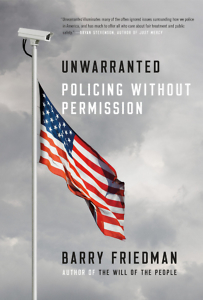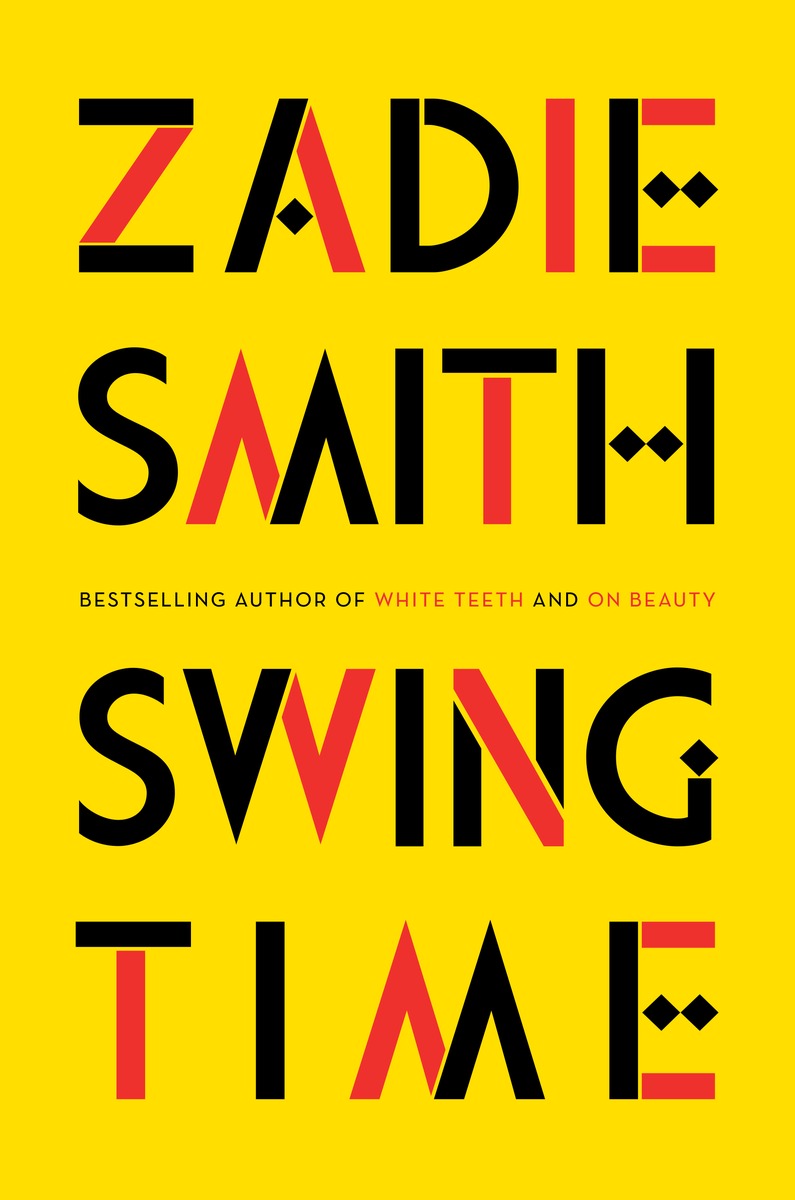The People’s Job
Barry Friedman argues for public control of law enforcement in Unwarranted
We’ve all read stories about trigger-happy cops barging into homes and innocent people being detained on the roadside while their vehicles are searched for drugs. Such reports are disturbing, but most Americans tend to see this kind of abusive policing as anomalous and almost certainly illegal. They’re wrong on both counts, according to former Vanderbilt Law professor Barry Friedman. In Unwarranted: Policing Without Permission, Friedman takes a sobering look at the increasingly intrusive practices of modern law enforcement and explains how legal protection against them has been subverted or slowly chipped away.

Friedman sets out to survey a lot of territory in Unwarranted, from the tactics of militarized local police to the massive post-9/11 data grab by the National Security Agency, but he keeps the sense of sprawl to a minimum by splitting the material into three sections: “Democratic Policing” takes a look at the evolution of police practices and why the public has had little influence on shaping them, while “Constitutional Policing” delves into the history of the Fourth Amendment and its limitations in the context of technology-aided law enforcement. The exploitation of Big Data is covered in “Twenty-First Century Policing,” which may be the most troubling segment the book. Running afoul of overzealous cops can seem a remote possibility to many readers, but the information-rich electronic trail we now leave everywhere we go means we can all be effectively searched and surveilled without ever knowing it.
For a book directed to general readers, Unwarranted goes fairly deeply into legal intricacies, but Friedman’s prose is crystal clear and conversational in tone. Case examples give the book its narrative meat, and some of them are doozies—notably a 2008 drug raid on the home of Cheye Calvo, the mayor of Berwyn Heights, Maryland, and his wife, Trinity Tomsic. Five officers “decked out in full battle gear” and armed with a battering ram and submachine guns stormed the house, shot dead two beloved dogs, and interrogated the family for hours. Then, realizing they had no basis for an arrest, the SWAT team “traipsed out,” according to Friedman, leaving Calvo and Tomsic to clean up their dogs’ blood and repair their ransacked home.
 Friedman’s purpose in Unwarranted isn’t simply to spur public awareness or to argue that the courts ought to take a tougher line in protecting our rights. On the contrary, he thinks we’ve relied far too much on the idea that the courts are our natural guardians against abusive law enforcement. That’s the people’s job in a democracy, he argues, and the people have let the job slide for too long: “We’ve chosen not to be bothered by the grimy task of figuring out where the lines of proper policing rest.”
Friedman’s purpose in Unwarranted isn’t simply to spur public awareness or to argue that the courts ought to take a tougher line in protecting our rights. On the contrary, he thinks we’ve relied far too much on the idea that the courts are our natural guardians against abusive law enforcement. That’s the people’s job in a democracy, he argues, and the people have let the job slide for too long: “We’ve chosen not to be bothered by the grimy task of figuring out where the lines of proper policing rest.”
The solution, he says, is to take the same approach to regulating police that we take to other aspects of government, demanding both transparency and community involvement in creating new rules. In this era so marked by fear of crime and terrorism, enacting such vigorous reform seems doubly difficult. But, as Friedman points out, by “failing to do so, we have jeopardized our liberty and security both.”

Maria Browning is a fifth-generation Tennessean who grew up in Erin and Nashville. A graduate of Mount Holyoke College, she has attended the Clothesline School of Writing in Chicago, the Moss Workshop with Richard Bausch at the University of Memphis, and the Sewanee Writers’ Conference. She lives in White Bluff.


